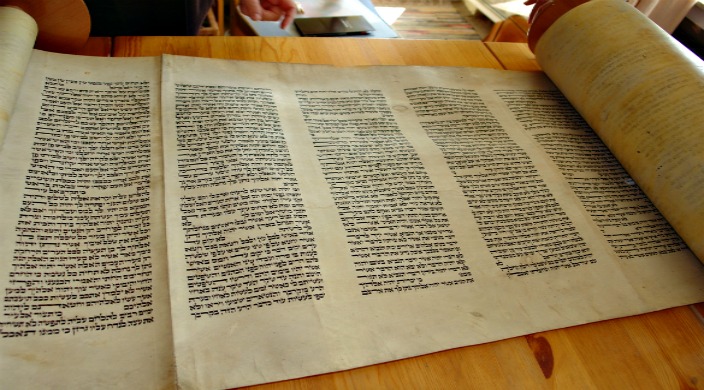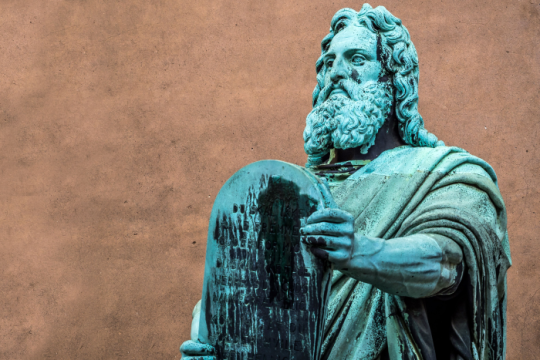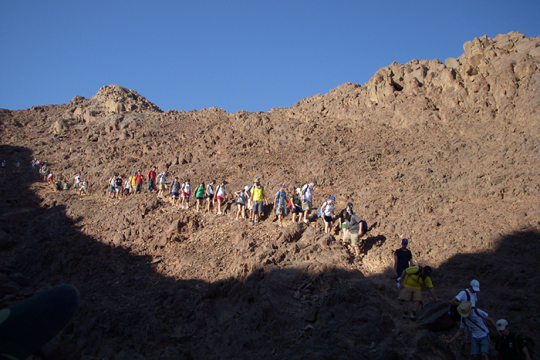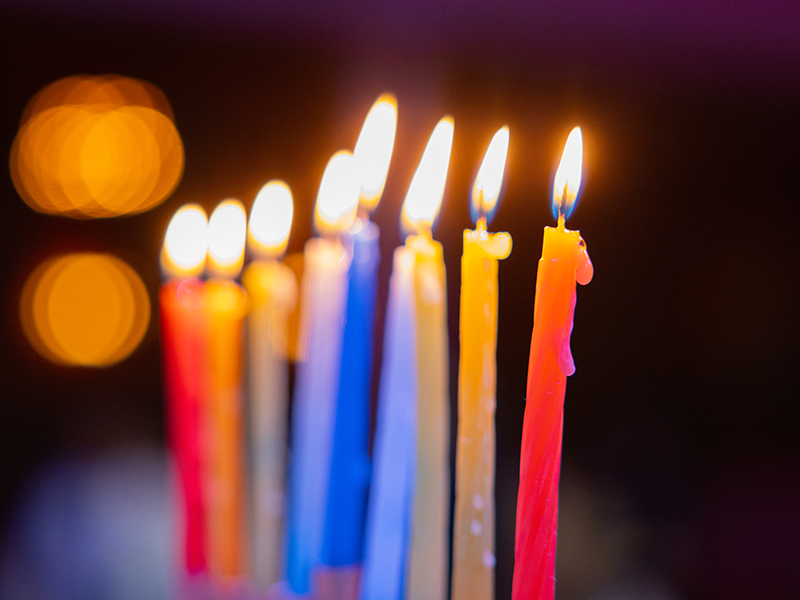
Following the destruction of the Second Temple in 70 CE, there was no central place for Jews to make sacrifices and worship God. As such, prayer replaced sacrifice, and the study of Torah - including the Five Books of Moses and all Jewish teachings that followed - became a primary expression of commitment to a Jewish way of living.
The rabbis who emerged following the destruction of the Temple believed that Judaism could remain vibrant, meaningful, and relevant, if they, and all Jews, chose for it to be so. Much like our ancestors, we too are faced with the challenge of maintaining a vibrant, meaningful, and relevant Judaism.
One element of igniting our Jewish souls is to continuously learn and study our tradition. Talmud Torah, the study of Torah, is an essential commandment and value of Judaism. By learning and studying about our tradition, each of us can find personal meaning within our tradition.
To assert that vibrancy, relevance, and meaning exist within Judaism is much easier than demonstrating that it is true. Nonetheless, each time I meet with my b'nei mitzvah students and we struggle with their Torah parashiyot (portions) together, we somehow are able to connect their parashah (portion), their Torah portion, to their lives. The struggle that they have with the text and tradition is a fundamental part of talmud Torah. We must understand that we may not find meaning our first, second, or even third time exploring a concept found within our texts. However, by studying as a chevruta (study partners) or within a larger group, it's quite amazing to listen and absorb the many ideas and interpretations one may come up with for a teaching or reading in a text.
I remember my homiletics (the art of preaching and writing sermons) class in Hebrew Union College - Jewish Institute of Religion in which Rabbi Ken Ehrlich repeatedly said, "Don't choose the text - let the text choose you." When I write divrei Torah (sermons or interpretations), I know that I cannot apply meaning to a text if the meaning simply is not there. However, when Rabbi Ehrlich told this to me and my classmates, I immediately was reminded of the scene in Harry Potter and the Sorcerer's Stone when Harry's wand chose him at Ollivanders Wand Shop. There is something magical about every wand, we learned, but every wand has a rightful owner. So too, there is something magical about everything we may learn from Torah, but its meaning emerges in different ways.
We learn that the study of Torah will lead us to righteous acts. Our Mishnah, in Avot 1:2, teaches us that "The world rests on three things: Torah, avodah (worship/prayer), and g'milut chasadim (good deeds)." When we embrace the possibility of discovering the values that Torah can teach us, we can be inspired to be better people. We can be motivated to do and act. Rabbi Solomon Freehof, founder of the Reform Responsa Committee, asserted that Judaism is a religion of deed rather than creed. For when we study Torah, and learn from it, it is our actions that are the most important expressions of what we learned.
Every week, 30 of my congregants meet for an intimate worship experience at Temple Israel, immediately followed by Torah study, most frequently led by a congregant. The sense of community that they have developed is inspiring and something incredibly special. For within that group there are many opinions and interpretations of how Torah has meaning in our lives. Yet, all views are respected, every voice is heard, and the goal of lifelong learning is achieved. As one congregant noted,
The study of Torah never gets easier, but it becomes more alive and challenges me to hold myself at a higher standard. I study Torah so that I may be part of a chain of tradition, and be enabled to teach future generations how learning means growing intellectually, spiritually, and emotionally.



